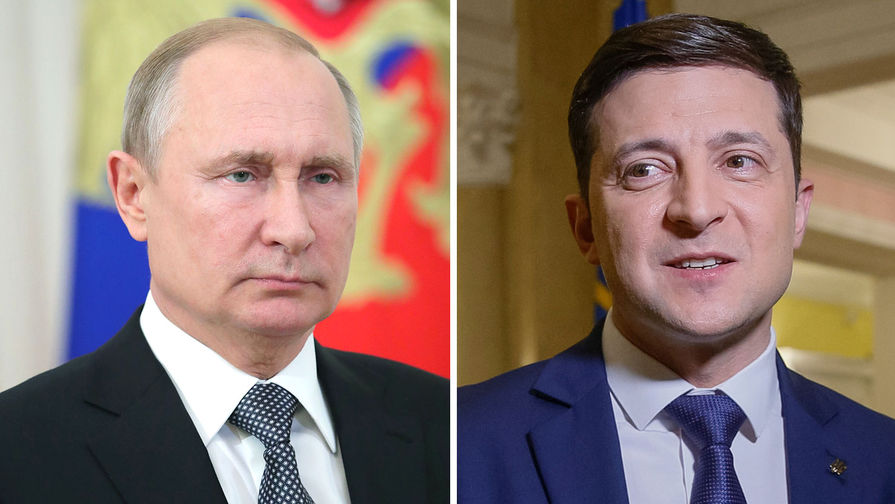Cyber-attack hackers threaten to share US police informant data. | They also threatened to release information about police informants to criminal gangs, and to continue attacking “the state sector”... - 8:21 AM 4/27/2021
Washington D.C. Police Department’s server has been hacked, with data appearing on the internet yesterday, the third police department to be targeted by cyberattacks in the past six weeks. A group called Babuk has claimed responsibility for the leak, known for ransomware attacks, holding victims’ data hostage until ransoms are paid. “In their post to the dark web, Babuk’s cybercriminals claimed they had downloaded 250 gigabytes of data and threatened to leak it if their ransom demands were not met in three days. They also threatened to release information about police informants to criminal gangs, and to continue attacking “the state sector,” including the F.B.I. and the Department of Homeland Security’s Cybersecurity and Infrastructure Security Agency. The information already released appeared to include chief’s reports, lists of arrests and lists of persons of interest,” report Nicole Perlroth and Julian E. Barnes for the New York Times.
Michael Novakhov's favorite articles on Inoreader - 8:21 AM 4/27/2021
An NYPD officer was struck and killed overnight while directing traffic on the Long Island Expressway. CBS2's John Dias has the details.
Paul Goble
Staunton, April 24 – Russia may be extending its control over the Black Sea at the very moment Moscow is being praised for pulling back its land forces from the Ukrainian border given that the Russian defense ministry has just confirmed that it has closed additional portions of the Black Sea.
That decision, announced without much fanfare, appears in the most recent bulletin of the Administration for Navigation and Oceanography of the Russian Ministry of Defense (topwar.ru/182345-rossija-podtverdila-zakrytie-chasti-akvatorii-chernogo-morja-dlja-opredelennyh-sudov-i-korablej.html).
According to its provisions, because of plans for exercises, Russia is closing three districts in the Black Sea from today through the end of October. Moscow had already made a similar declaration closing off the Sea of Azov to outside shipping, in clear violation of international law (windowoneurasia2.blogspot.com/2021/04/russia-violating-international-law-by.html).
The Russian move in the Black Sea is even more in violation of international law because there are disputes over the status of the Sea of Azov, which Moscow argues is an internal body of water. But extending such claims to portions of the Black Sea is even more in violation of Law of the Sea and other international rules.
Moreover, unless and until Moscow rescinds this announcement and pulls back its ships from any effort to enforce its provisions, there is a risk that the Russian military will retain the capacity to attack Ukraine from the sea even if it has pulled back from the Ukrainian border on land.
At the very least, Russia’s publication of this announcement shows that the supposed end of a Russian threat to Ukraine has ended at least for the time being should be treated with extreme skepticism as indeed some experts have suggested. (See topwar.ru/182368-dymovaja-zavesa-v-shvecii-ne-poverili-v-otvod-rossijskoj-armii-ot-ukrainskih-granic.html.)
That is because Moscow has moved ships with landing craft capabilities from its Caspian Flotilla into the region, vessels that could be used against Ukraine from the sea
(jamestown.org/program/moscow-moving-15-warships-from-caspian-sea-to-waters-off-ukraine/and windowoneurasia2.blogspot.com/2021/04/moscows-use-of-caspian-flotilla-against.html).

Paul Goble
Staunton, April 24 – Despite the experience during the pandemic when ever more aspects of Russian life became digital and virtual, users of Russian libraries are resisting changes in them because they retain images of what a library should be from the past. As a result, Moscow’s hopes for rapid change are facing resistance.
According to joint research by the Russian State Library and the Higher School of Economics, this resistance is calling into question expectations that reforms in 767 libraries (out of the 40,000 in the country) will rapidly “diffuse” to the rest in the next few years (iq.hse.ru/news/463393451.html).
A survey conducted as part of this research found that “library users up to now have not come to a clear agreement on what is ‘possible’ and what ‘must not be done’ in libraries.” It found that 34 percent of Russians oppose having a café in a library, 31 percent don’t want special children’s rooms, and 21 percent are against linked their library to the world wide web.
But roughly similar shares of the population express diametrically opposite views, declaring that they would welcome cafes, children’s rooms (so as to have places for adults only), and Wi-Fi connectivity so that they could gain access to a variety of sources of information and entertainment.
Although libraries in many parts of Russia have sought to go online during the pandemic, there is still little consensus that they should continue that after the coronavirus is defeated. And that lack of consensus threatens the future of Russian intellectual life because it means that Russia will fall further behind the West where libraries have become information centers.
If Russian libraries are to make this transition, the study says, the country must transform the nature of the profession of librarian. At present, most Russians and many librarians see it as a pensioner activity. But if the country is to modernize its information network, librarians need to be from younger age groups more familiar with the digital age.
That won’t be easy as there is a serious deficit of younger librarians and because there remains among them and among many Russians “a fear of technologies,” something that leads the librarians to resist making necessary changes and feeds into popular attitudes against the internet in many places.
At present, the authors of the study suggest, there is little willingness on the part of the Russian government to address these problems even though there is growing recognition that unless they are, the consequences for the future of the country may be dire indeed.
 audio/mpeg 042721news07.mp3
audio/mpeg 042721news07.mp3Download audio: https://play.podtrac.com/npr-500005/edge1.pod.npr.org/anon.npr-mp3/npr/newscasts/2021/04/27/newscast070836.mp3?awCollectionId=500005&awEpisodeId=991148226&orgId=1&d=300&p=500005&story=991148226&t=podcast&e=991148226&size=4500000&ft=pod&f=500005



 image/jpeg 7ae323759f74de19570837ab83c25e91.jpg
image/jpeg 7ae323759f74de19570837ab83c25e91.jpg

Comments
Post a Comment